There’s no legal definition of bullying in Scotland and as such bullying is not a crime. However, if it involves a criminal offence, like theft or assault, you can report it to the police. If the offence is motivated by prejudice against your child because they are disabled or because of their race, religion, age, sexuality, transgender identity or variations in sex characteristics, it may be a hate crime.
When does bullying become a crime?
Bullying becomes a crime if it involves a criminal offence such as assault, sexual abuse, harassment, intimidation, extortion, theft, graffiti, or a breach of the peace. If this offence is motivated by certain prejudices, it may be a hate crime. You can find out more about hate crime on the Police Scotland website.
How do I report a crime?
If you’re worried about your child’s safety or you think a crime has been committed, you should report the situation to the police. You can do this by calling Police Scotland on 101.
If you think your child may be in immediate danger, dial 999 and speak to the police immediately. The Police Scotland website has more information on what happens when you make a call, and how to get in touch by text or via contact Scotland-BSL.
How to report hate crime without contacting the police directly
If you don’t feel comfortable reporting a hate crime directly to Police Scotland, you can instead do so through your nearest third party reporting centre. Third party reporting allows you to report an incident without contacting the police directly.
There are third party reporting centres across Scotland, ranging from housing associations to victim support offices and voluntary groups. Specially trained staff will provide support and assistance in submitting a report to Police Scotland on your behalf.
You can also report a hate crime 100% anonymously by contacting Crimestoppers.
Where to get help and support
- Victim Support Scotland provides free, confidential support and information to people affected by crime. You don’t need to have reported the crime to get support from them.
- At Citizens Advice Scotland, you can find free, impartial information and advice on a range of issues, including guidance on taking action against hate crime and discrimination.
- If you’re concerned about your child’s mental health, make an appointment to see your GP. They’ll be able to guide you to further support in your local area.
 Activities & Play
Activities & Play Behaviour
Behaviour Childcare
Childcare Development & Growing Up
Development & Growing Up Family, Friends & Relationships
Family, Friends & Relationships Feeding Your Baby
Feeding Your Baby Food & Eating
Food & Eating Health & Safety
Health & Safety Mental Health & Wellbeing
Mental Health & Wellbeing Money & Work
Money & Work Online Behaviour & Safety
Online Behaviour & Safety Pregnancy & First Days
Pregnancy & First Days School & Education
School & Education Sleep
Sleep


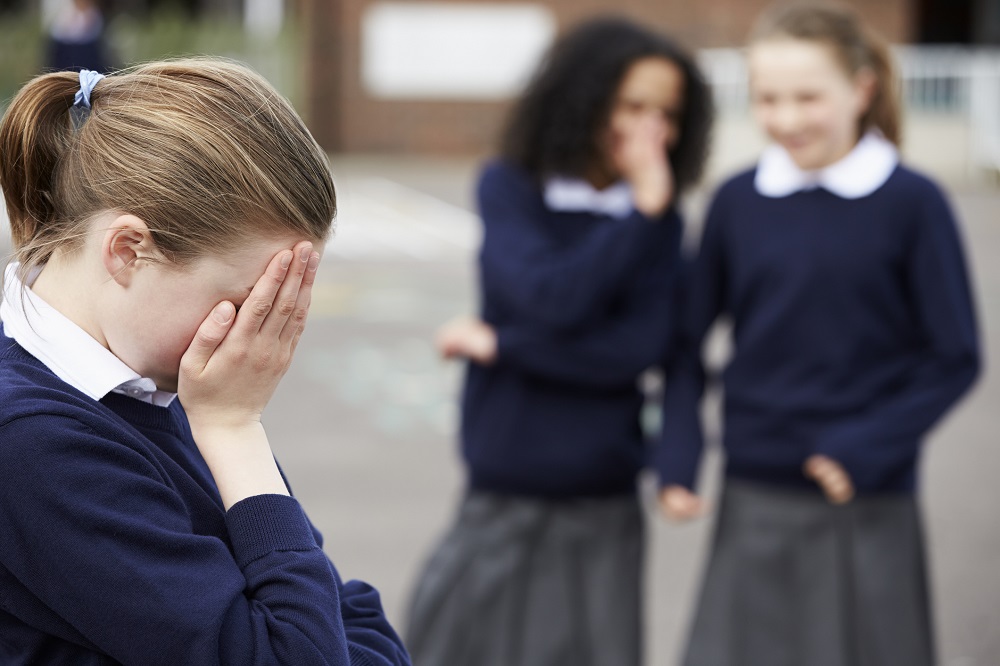
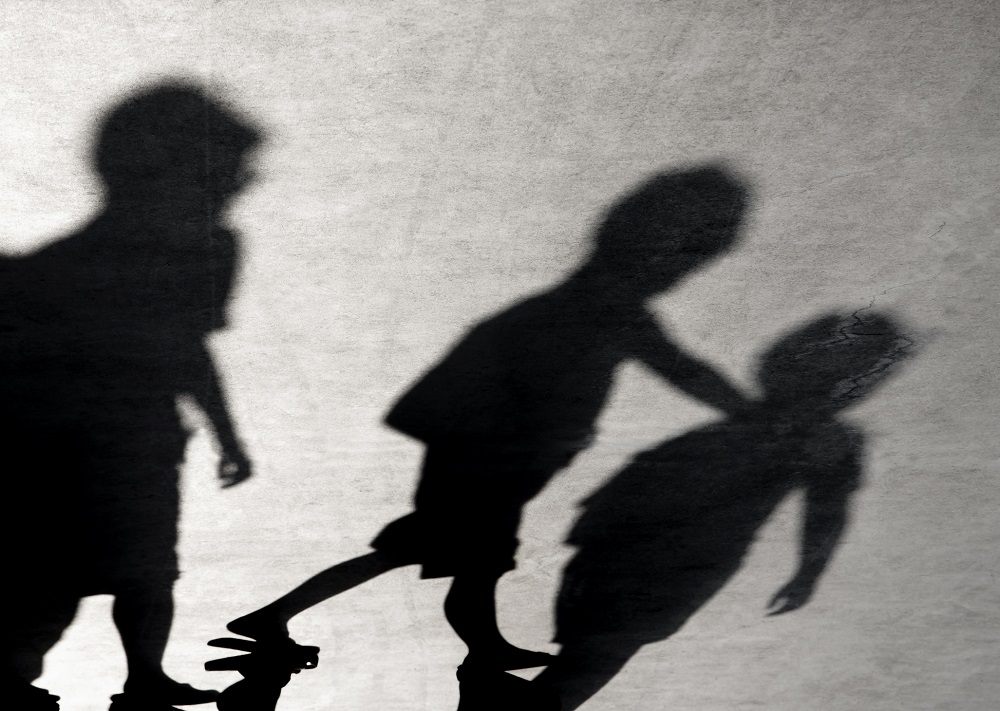
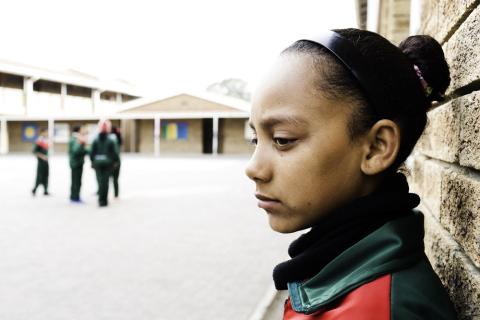
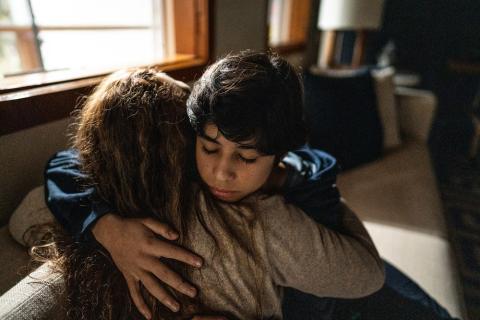
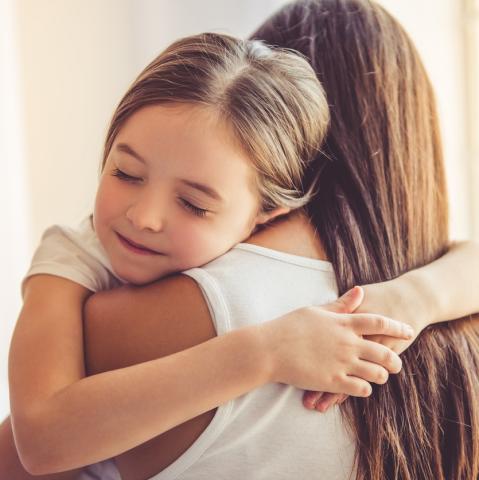
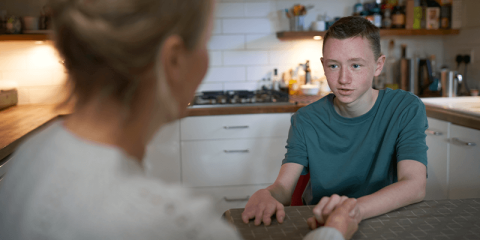
 Mental Health & Wellbeing
Mental Health & Wellbeing
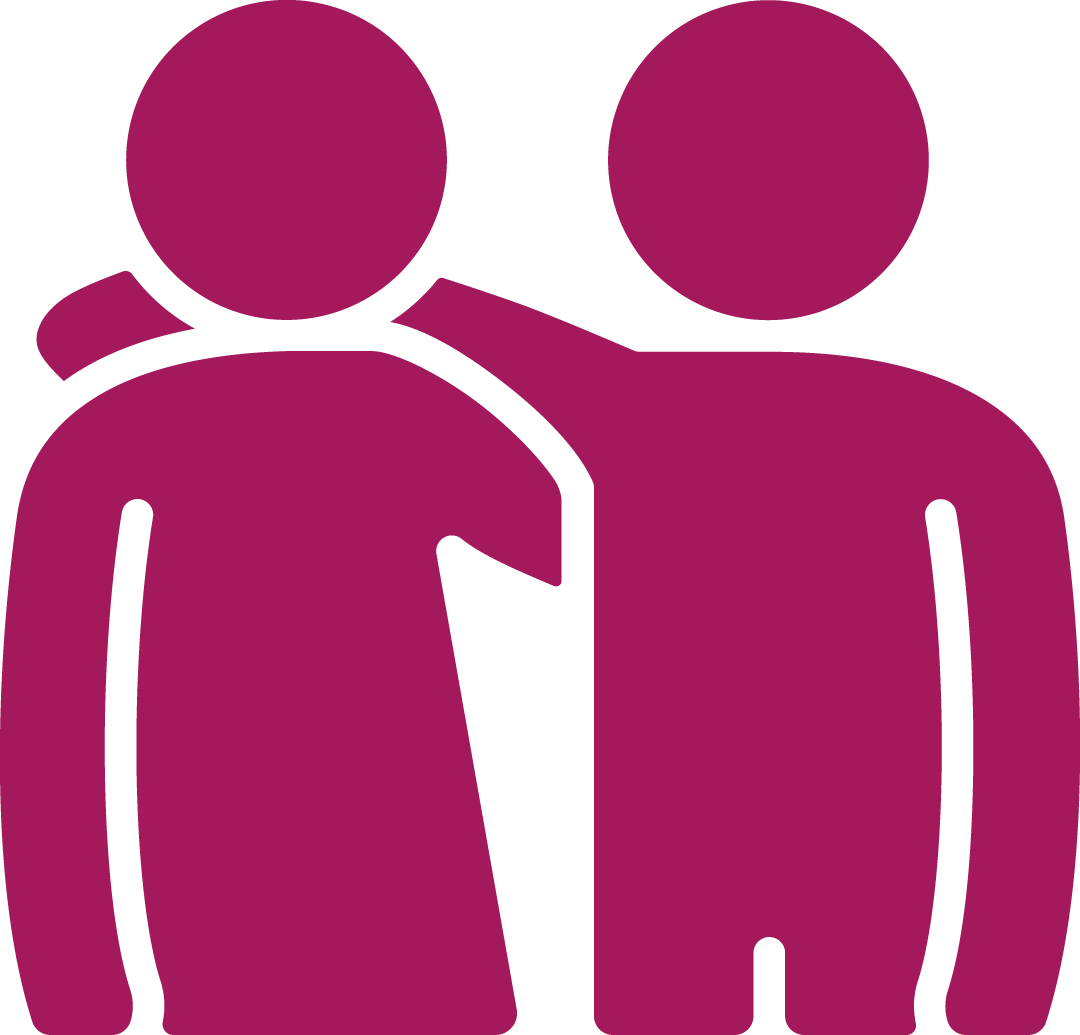 Family, Friends & Relationships
Family, Friends & Relationships